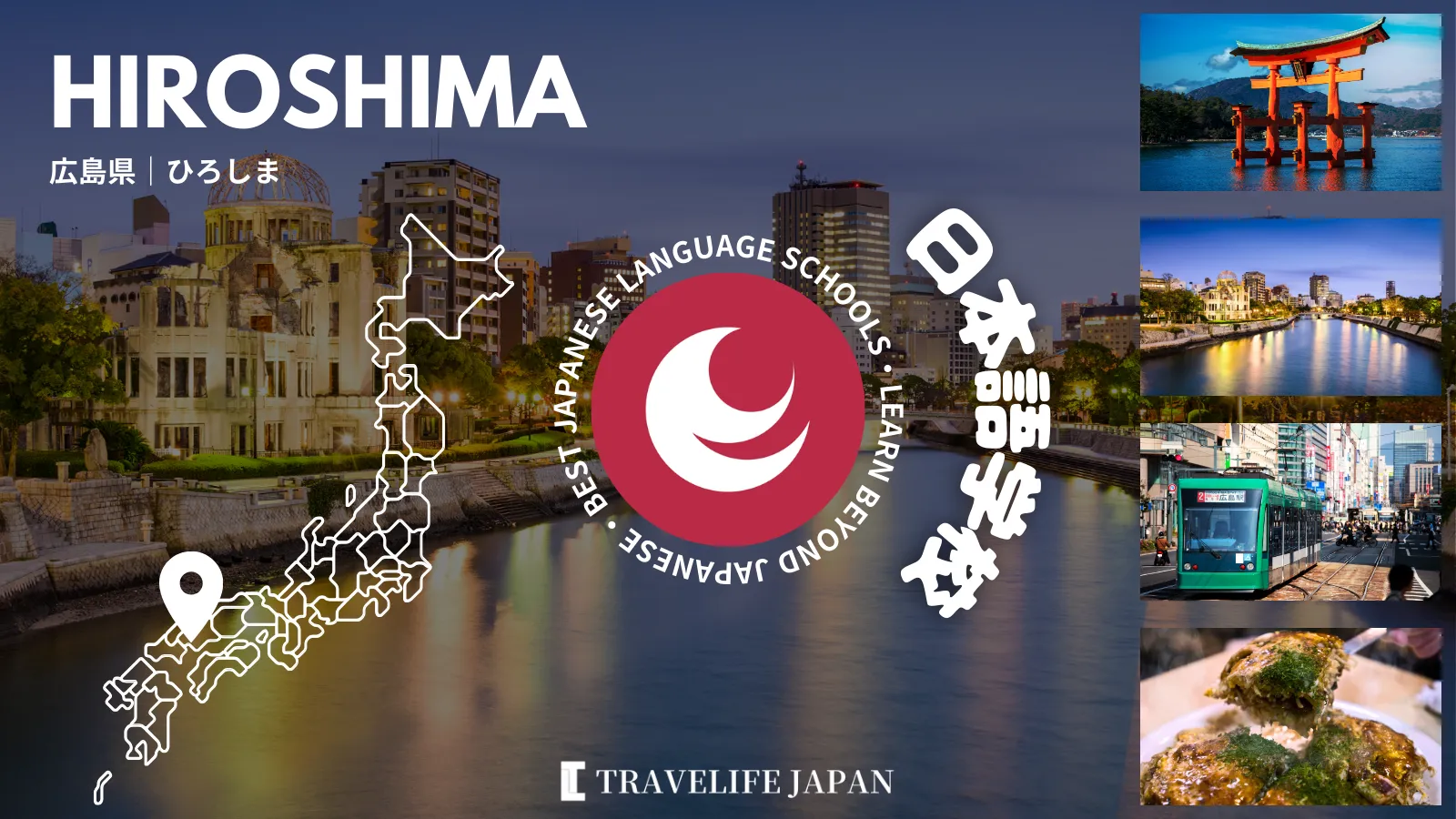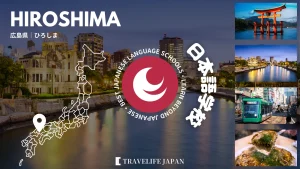Discover the best Japanese language schools in Hiroshima, a city rich in history and culture. Offering exceptional Japanese language courses, Hiroshima provides a unique opportunity to learn Japanese while exploring its peaceful and vibrant community. Dive into language learning and cultural immersion in one of Japan’s most inspiring cities.
Want to learn Japanese in Japan?
Ask us any questions with free application support.
Fast and Easy!
Introduction of Hiroshima
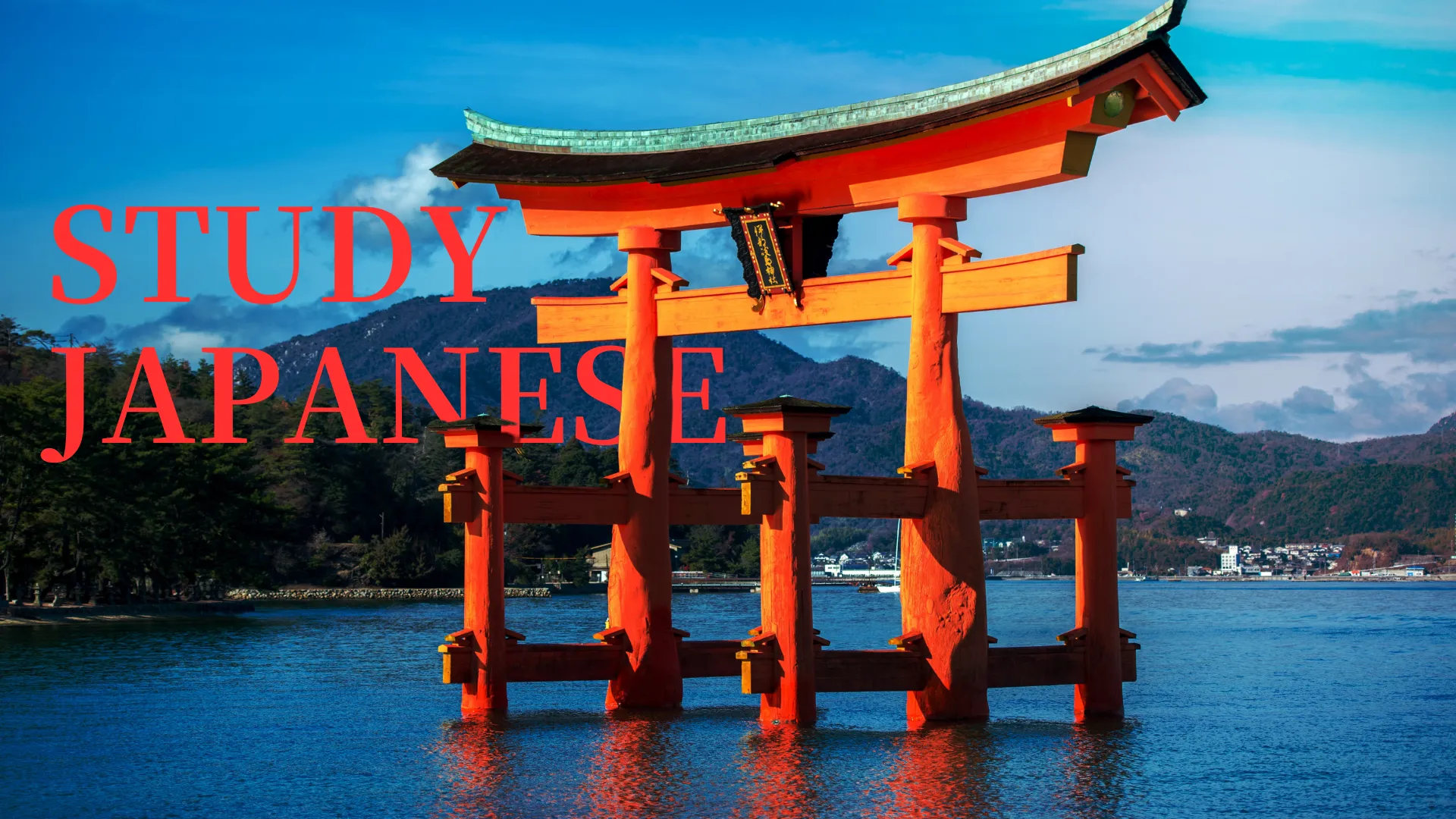
Studying Japanese in Hiroshima offers an enriching experience, combining the city’s historical significance with a vibrant modern lifestyle. Known as a symbol of peace and resilience, Hiroshima provides an inspiring environment for language learners. The city’s Japanese language schools offer comprehensive courses, while daily life interactions in markets and public transport provide practical opportunities to learn Japanese. Iconic landmarks like the Atomic Bomb Dome and Peace Memorial Park deepen the cultural experience, while scenic spots like Miyajima Island and local delicacies like Hiroshima-style okonomiyaki immerse students in Japanese life. Festivals and community events further enhance learning, making Hiroshima an ideal destination to study Japanese.

Area
8.479 ㎢ (11th in Japan)

Population
2,759,702 people

Avg. Temperature
16.5℃ (12.7〜21.1℃)

Min. Wage
970 JPY/hr

Best Japanese Language Schools in Hiroshima
Hiroshima YMCA
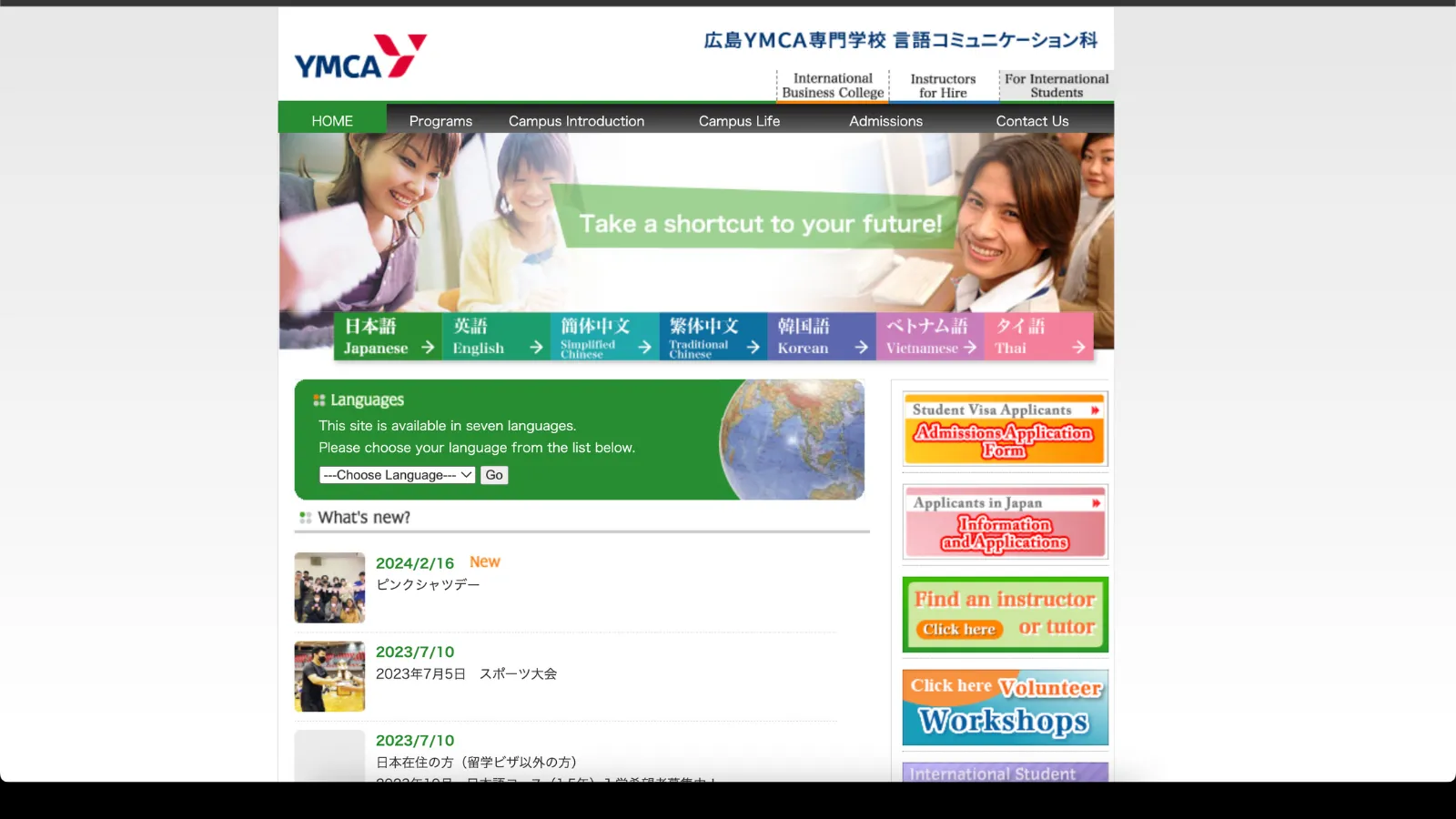
The Hiroshima YMCA, established in 1938, is a leading Japanese language school in Hiroshima, renowned for its dedication to education and cultural exchange. Since 1989, the YMCA has provided comprehensive Japanese language courses tailored to various proficiency levels and learning goals. Students can choose from one- or two-year programs designed for university admission, business purposes, or daily communication. The curriculum emphasizes both academic skills and cultural understanding, ensuring a well-rounded education. With experienced instructors and a supportive environment, the Hiroshima YMCA is an excellent choice for international students seeking to learn Japanese and immerse themselves in Japan’s culture and lifestyle.
Request a Limited-Time Discount Offer.
HLA Japanese Language School
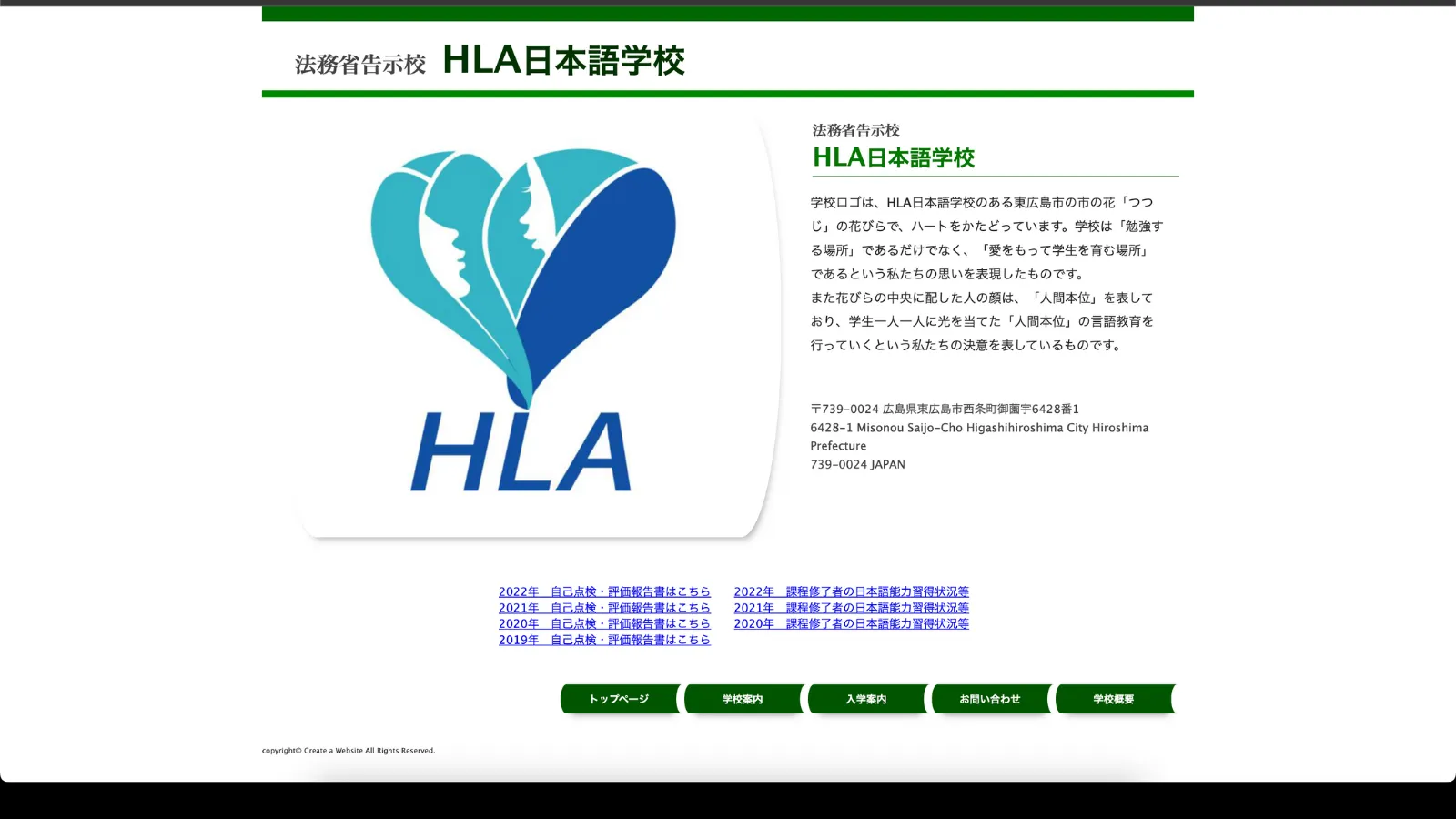
HLA Japanese Language School, located in the academic hub of Higashi-Hiroshima, offers an enriching environment for international students to study Japanese. Nestled in a city known for its greenery and welcoming community, HLA provides comprehensive Japanese language courses tailored to various proficiency levels, from elementary to advanced. With 1.5- and 2-year programs, the school prepares students for academic pursuits or professional growth in Japan. Beyond language education, HLA emphasizes cultural immersion through community engagement, fostering a deeper connection with Japanese culture. Offering dormitory accommodations, scholarships, and a supportive learning environment, HLA is an excellent choice to learn Japanese in Hiroshima.
Request a Limited-Time Discount Offer.
Fukuyama International Academy of Languages
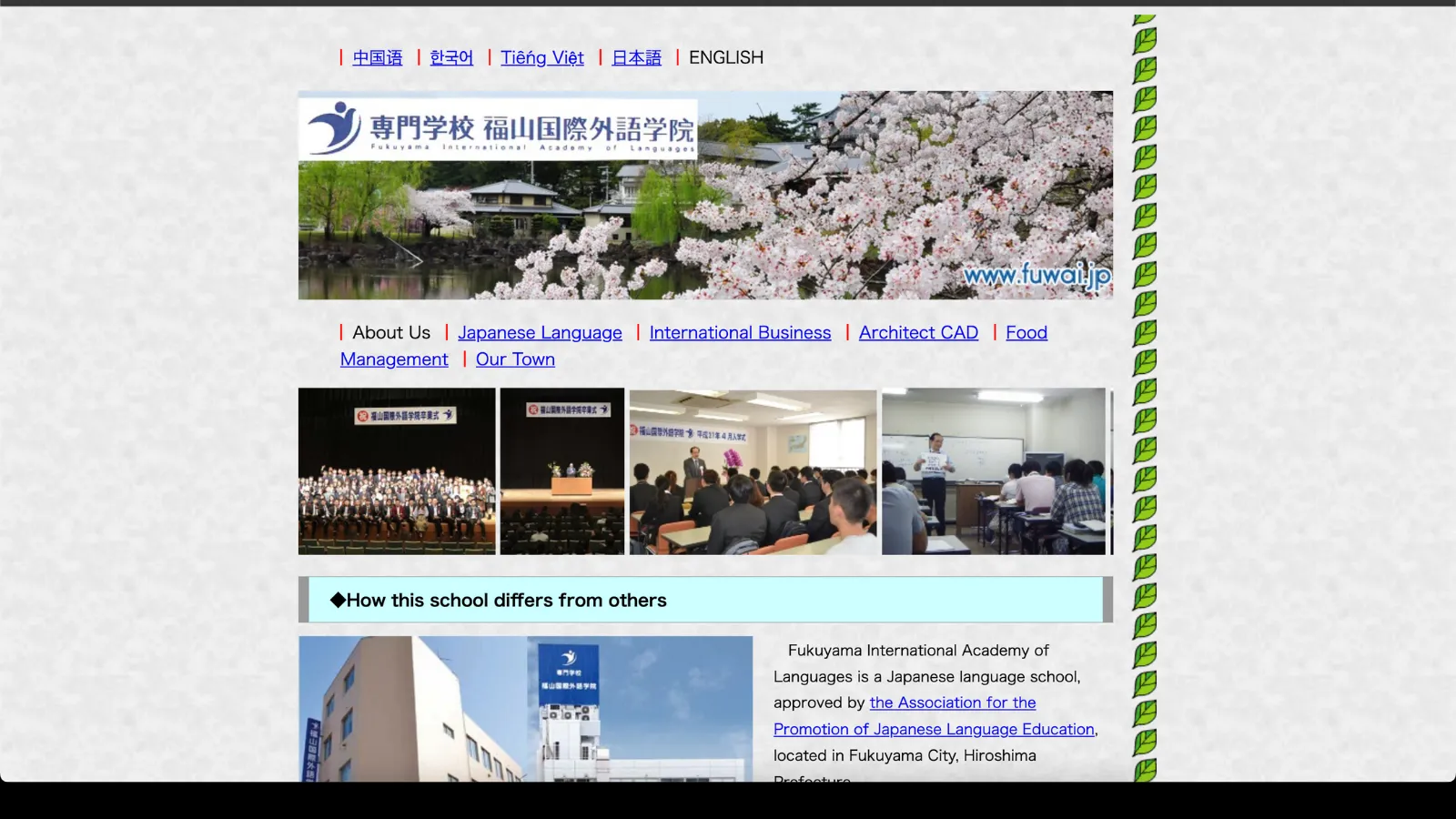
The Fukuyama International Academy of Languages, located in Fukuyama City, Hiroshima Prefecture, is a highly regarded Japanese language school offering a supportive and personalized learning environment. Accredited by the Association for the Promotion of Japanese Language Education, the academy features small class sizes for tailored instruction, ensuring students receive individualized attention in both academics and daily life. The school provides extensive support for living in Japan, including help with immigration and insurance. With multilingual teaching staff and customized lessons, the academy caters to diverse learners, making it an ideal place to study Japanese while experiencing the culture of Hiroshima.
Request a Limited-Time Discount Offer.
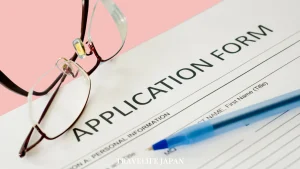
Popular Hiroshima Dialect Phrases
- いたしい Itashii
Often used in academic or professional contexts, it describes tasks or subjects that are intellectually demanding or complex, like a tough math problem or a complicated project. - いなげな Inagena
Can refer to quirky fashion choices that stand out, an unusual hobby that’s not commonly practiced, or an idea that’s considered unconventional or outside the box. - いらう Irau
This might be used when describing the act of feeling the texture of fabric while shopping, touching an object to examine its quality, or exploring an item’s surface. - がめる Gameru
Typically refers to small acts of theft like pilfering office supplies, sneaking snacks from a store, or subtly taking small items without permission. - かもう Kamou
Can describe playful banter among friends, light teasing in a social setting, or jokingly making fun of someone’s harmless mistake. - じゃけえ Jakee
Used in explaining a situation or decision, like justifying why one chose a particular course of action, or linking cause and effect in a narrative. - たいぎい Taigii
Often used to describe arduous tasks like moving heavy furniture, dealing with a mountain of paperwork, or navigating a particularly stressful situation. - なんぼう Nanbou
Commonly heard in markets or stores when customers inquire about the price of goods, or during negotiations where the cost is a primary concern. - ねぶる Neburu
Used literally for actions like a pet licking its owner, or metaphorically to describe someone excessively flattering or buttering up another person for personal gain. - はぶてる Habuteru
Describes behavior like a child sulking after being scolded, someone pouting over not getting their way, or displaying mild displeasure without serious anger. - いぬる Inuru
Refers to the action of returning to a place, such as going back home after a day at work or returning to a previous topic in a conversation. - うち Uchi
Used to refer to oneself in a humble or casual manner, similar to ‘I’ or ‘me’ in English, often used in informal settings among friends or family. - えっと Etto
This is a filler word used when thinking or hesitating in conversation, similar to ‘um’ or ‘let me see’ in English, indicating a pause to gather thoughts. - かる Karu
Describes the act of borrowing something from someone, like borrowing a book from a library or a tool from a neighbor, indicating a temporary use of someone else’s property. - こう Kou
Used in the context of purchasing or buying something, whether it’s buying groceries at a supermarket, acquiring a new gadget, or shopping for clothes.
Conclusion
Studying Japanese in Hiroshima is not just an educational journey; it’s an experience that intertwines language learning with cultural exploration and personal growth. In this city, where history speaks through its monuments and modern life buzzes in its streets, students gain a profound understanding of Japan. Hiroshima’s educational institutions excel in blending language skills with cultural insights, preparing students not only for academic and professional success but also for a richer, more nuanced appreciation of Japan. For anyone looking to dive into the depths of the Japanese language and culture, Hiroshima stands as a beacon of learning and discovery.
- Best Japanese Language School in Japan
- Best Japanese Language Schools in Hokkaido
- Best Japanese Language Schools in Tokyo
- Best Japanese Language Schools in Nagoya Aichi
- Best Japanese Language Schools in Kyoto
- Best Japanese Language Schools in Osaka
- Best Japanese Language Schools in Fukuoka
CONTACT US
For studying Japanese in Japan, please contact us.
